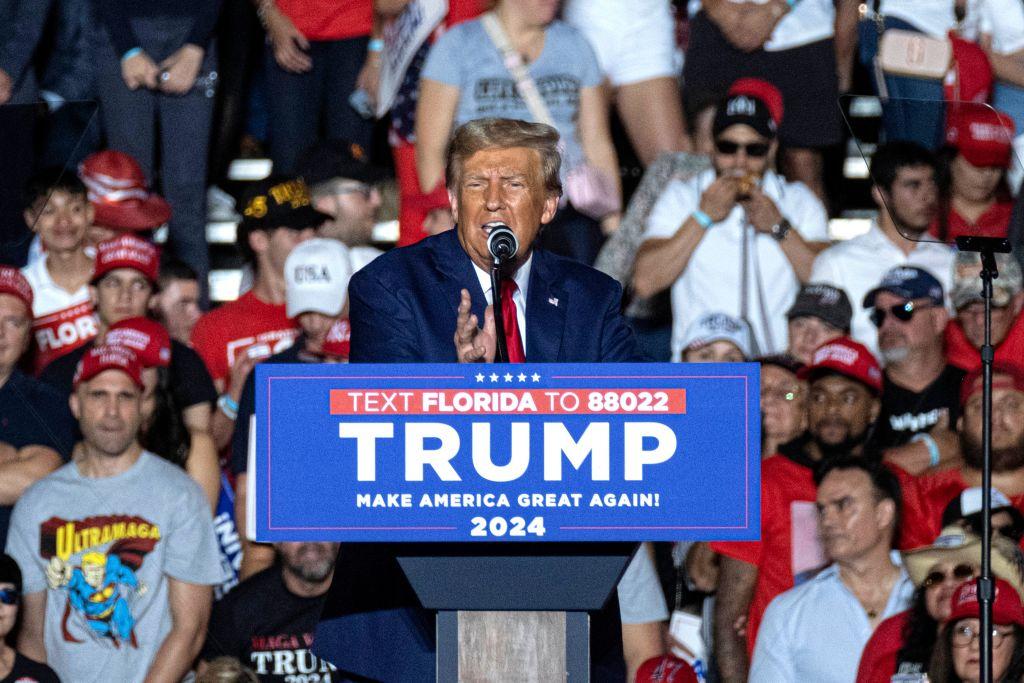Michigan Court of Claims Judge James Redford heard arguments on Nov. 9 on a 14th Amendment challenge to former President Donald Trump’s eligibility to appear on the state’s primary ballot.
He prefaced the first hearing by referring to the recent dismissal of a similar case by the Minnesota Supreme Court and to the several amici briefs that helped illuminate the issue. Three cases have been brought on the matter, with hearings scheduled throughout the day.





